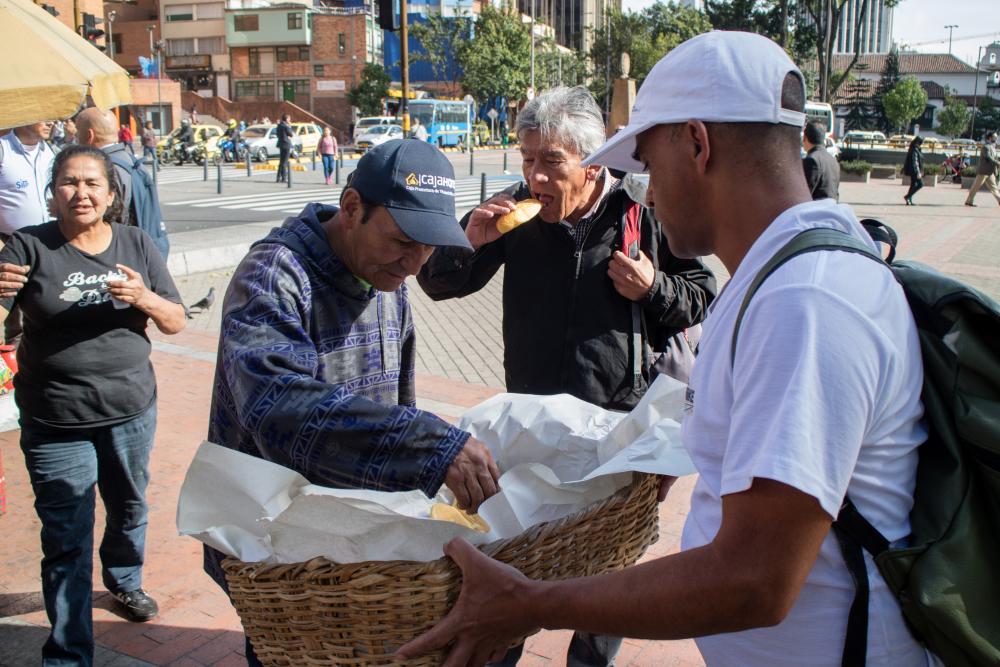Colombia is in the early stages of a peace process signed in late 2016 between the largest guerilla group and the national government. Even though many of us had high hopes that the peace agreements would bring a turnaround in the country’s history of violence, many armed actors remain and proliferate cases of political corruption and assassinations of social leaders and human rights defenders – all of which hinder our human rights and divine calling to peace. Colombia’s context of violence impacts our whole society, including church communities, especially those in rural areas caught in the crossfire of armed groups (legal and illegal) and abandoned by the state.
The passage in Philippians 4:7 encourages us to trust in the promise of the peace of God, a peace that transcends all understanding. One church community I visited in the southwestern region of the country during this post-agreement stage embodies trusting in God’s peace. The town’s residents have been witness to armed clashes since the 1960s. The latest clash between two insurgent armed groups lasted six days. When I got to the community, about three days after the clashes had ended, I met various church leaders of the area. Some of these leaders included an indigenous campesino (peasant farmer) couple who had come from the side of the mountain where the clashes had occurred. I greeted them and asked them how their week had been, they responded “Very well because of the grace of God.”
Upon further discussion they shared that the clashes were deeply affecting their community. Many people were afraid to leave their homes since curfews had been installed by the armed groups. Several members of the community were being asked to leave their land. That land is what the armed groups fight to have control over: rich and fertile soil perfect for illicit crop cultivation.
Yes, this couple’s church community up in the mountain was facing the real effects of war once again, yet they remained faithful and trusting in the peace of God. They organized community prayer nights from seven at night until three in the morning several nights that week, trusting God with their fates. They also kept encouraging the members of their community to keep growing food and vegetable crops and not to submit to illicit crop cultivation. They were also organizing with other church leaders in the area to plan nonviolent methods of resistance. They were not going to be displaced; this was their land.
The couple shared with me that they were very thankful for God’s protection that week since no one from the church community or the general community had been caught in the crossfire (although there were some deaths from either side of the armed groups). “All we can do,” they said, “is to share the message of God through Jesus so that this violence and war may end.”
This is exactly what they do. This community embodies the promise of God’s peace, which surpasses all understanding. It does not make sense to pray, to take care of the land, or to organize to keep a community rooted when there is a war that is seeking to tear people apart, to destroy crops, and to displace communities, yet these are the actions of peace this community understands as following the way of Christ.
The clashes between the two insurgent armed groups have ceased for now, but the armed groups and their dispute over control of the territory remains. The church community also remains, demonstrating that God’s peace is active and alive even in the middle of strife and uncertainty, even in the crossfire.
—Andrea Moya
This testimony is part of the Peace Sunday worship resource for 2019. Click here to see more.
Klicken Sie hier, um diese Geschichte auf Deutsch zu lesen.
